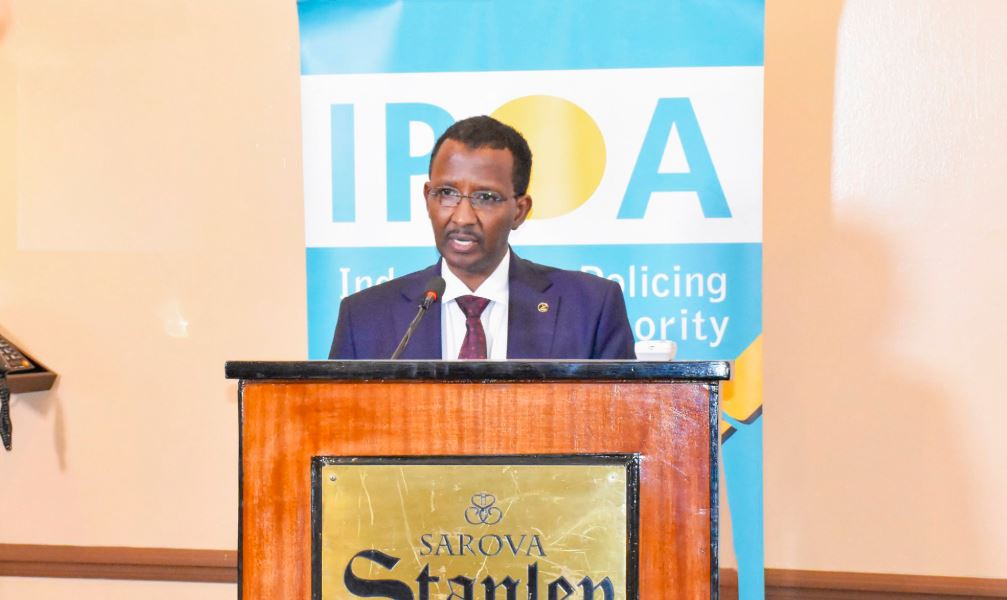The Independent Policing Oversight Authority (Ipoa) has flagged a worrying pattern of police failing to report deaths during protests. This violates the Sixth Schedule of CAP 84 of the Laws of Kenya, which requires all such deaths to be reported.
Ipoa’s latest report shows that between June last year and July this year, 65 people died during four protests. Yet, the National Police Service (NPS) reported only five deaths.
“The failure to notify Ipoa undermines independent oversight and signals a worrying culture of non-compliance,” the report says.
In the same period, Ipoa documented injuries to 342 civilians and 171 police officers.
Police Deny Obstructing Oversight
Police spokesperson Muchiri Nyagah stated that the NPS operates within the law. Any officer found to have violated regulations is held accountable through due process, provided there is sufficient evidence.
Ipoa has conducted 61 postmortems on the documented fatalities and will attend the remaining four when scheduled.
Accountability Gaps in Protest Management
The report criticizes police for using unmarked vehicles and concealing their identities during protests. Ipoa recommends the use of body-worn cameras and clear vehicle markings to improve accountability.
It also highlights predictable clashes between police and protest organisers. Officers often refuse to receive written notifications or later deny having received them. In some cases, force is used to block protests, even when organisers have complied with notification rules.
Recommendations for Reforms
Ipoa urges Inspector General of Police Douglas Kanja to:
- Establish structured engagement with protest organisers.
- Ensure all police vehicles and personnel are identifiable.
- Launch a national civic sensitisation programme on human rights, public order, and peaceful assembly.

